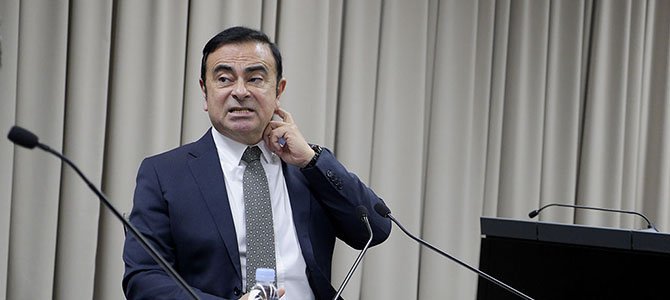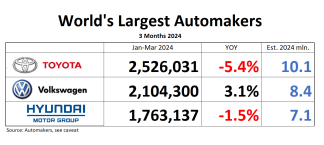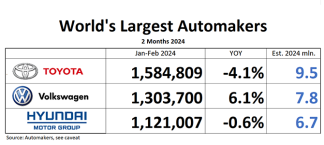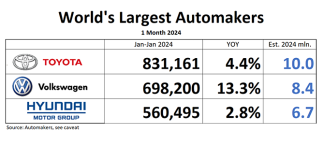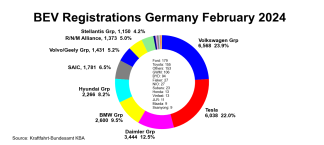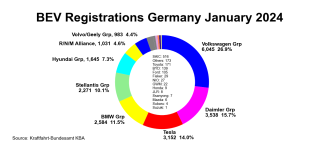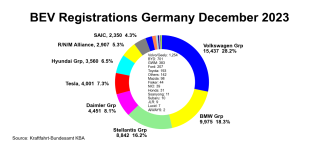Today, Renault-Nissan-Mitsubishi’s multi-role top executive Carlos Ghosn descended in his private jet into Tokyo’s Haneda airport for a routine visit at Nissan’s headquarters in Yokohama, 20 minutes further south. This time, the reception was less deferential than usual. Ghosn and his close confidante Greg Kelly found themselves behind bars. The two were arrested by Tokyo prosecutors for alleged financial misconduct at Nissan Motor.
Nissan swiftly issued a press release, saying that “based on a whistleblower report,” Nissan had conducted an internal investigation, which came to the conclusion that “over many years both Ghosn and Kelly have been reporting compensation amounts in the Tokyo Stock Exchange securities report that were less than the actual amount, in order to reduce the disclosed amount of Carlos Ghosn’s compensation.”
Nissan also alleged that “in regards to Ghosn, numerous other significant acts of misconduct have been uncovered, such as personal use of company assets, and Kelly’s deep involvement has also been confirmed.”
Even more swiftly, a press conference was called for the unusual time of 10pm, and it was streamed live all over the world how Nissan CEO Hiroto Saikawa lambasted his boss Carlos Ghosn again and again for “significant acts of misconduct.”
What the significant acts of misconduct were remains a mystery.
For all we know, Saikawa, who was installed by Ghosn after he stepped down as CEO of Nissan and retreated to the Chairman post, could have come to the conclusion that Ghosn lived a little too high on the hog on Nissan’s yen, and that he may have used the corporate jet to fly to a golf game instead of a board meeting.
This would also explain how Ghosn’s income could have been under-reported: The private use of the jet could suddenly be seen as payment in kind, and it would be reportable and taxable. However, it remains a mystery how Nissan’s bookkeepers, who after all have to sign the checks, suddenly came to that conclusion, and it remains a further mystery how Nissan could report false compensation reports to Japan’s financial regulators after paying the compensation to the Chairman.
Rank has its privileges, and CEOs rarely are arrested for being too extravagant with the company credit card. If they really get out of line, there is maybe a little finger-wagging by the CFO. If they really, really get out of line, occasionally they have to pay some money back. In this case, both Ghosn and Kelly appear to have been blindsided. Saikawa said that he had not talked to Ghosn about the internal investigation that had been going on for months. Saikawa said that after ending the investigation, Nissan went straight to the Police. Ghosn and Kelly appear to have flown to Japan and into a trap, completely oblivious.
When a Mainichi reporter said to Saikawa that Nissan “must have known how much compensation has been paid to Mr. Ghosn,” Saikwa said he was “unable to answer.”
When a TV Asahi reporter said to Saikawa that as President of Nissan, he “should have controlled Mr. Ghosn in that capacity,” Saikawa did not address the issue.
When another reporter called it a “coup d’etat,” Saikawa rather meekly said he would not see it that way, but many in the filled-to-capacity room thought and wrote that that’s exactly what it is. “Nissan’s drama looks a lot like a palace coup,” wrote Bloomberg.
Nissan was rescued in 1999 by Renault. Ghosn was made CEO, and he later became leader of the Renault-Nissan-Mitsubishi Alliance. A resurrected Nissan now sells more cars and makes more money than Renault, and it has been increasingly chafing under the French control.
In the past, rumors of Ghosn’s abdication were spread about once a year in regular fashion, and it never happened. Now it seems, the Ghosn who didn’t leave is pushed out in rather brutal fashion.
Officially, Ghosn is not quite out yet. Nissan’s board has to decide Thursday whether to fire its Chairman, or not. Ghosn and Kelly are board members, but with them behind bars, the decision is a foregone conclusion. The remaining Frenchmen Jean-Baptiste Duzan and Bernard Rey will most likely be outvoted by the Japanese. As fishy as the whole palace revolution may sound at the moment, the decapitation of the leadership was perfectly executed.
